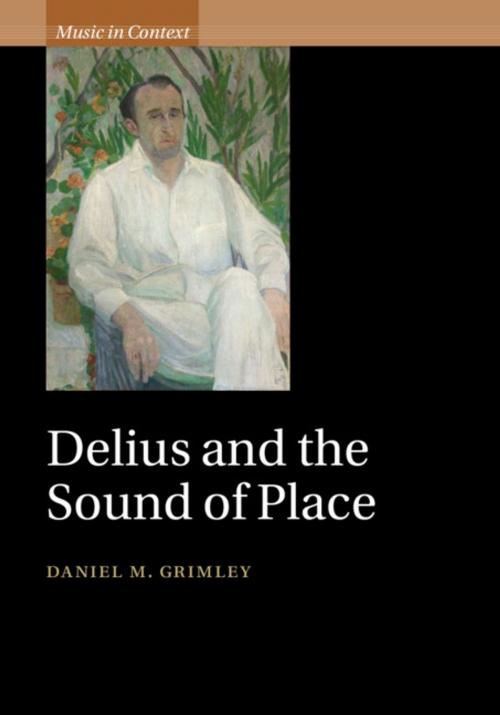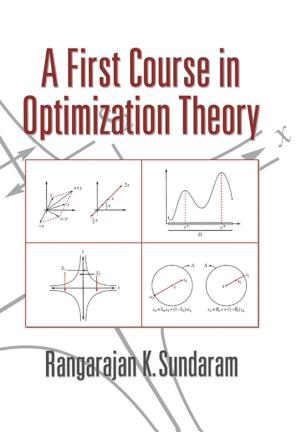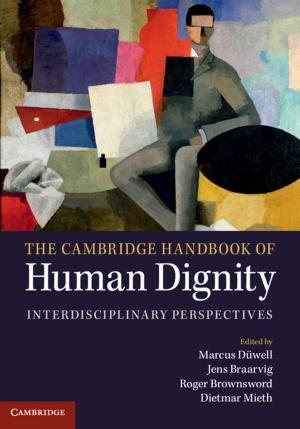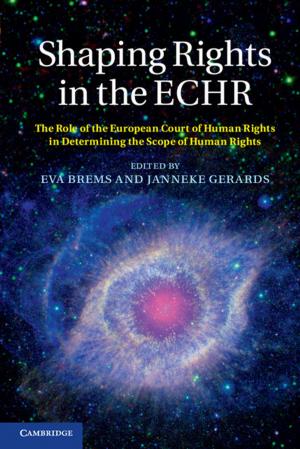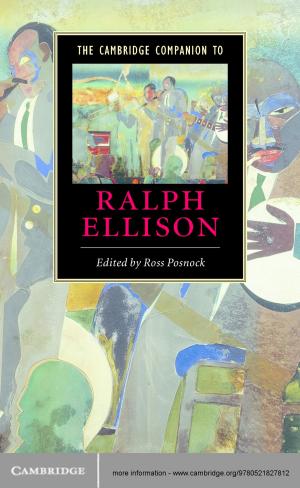Delius and the Sound of Place
Nonfiction, Entertainment, Music, Theory & Criticism, History & Criticism, Reference| Author: | Daniel M. Grimley | ISBN: | 9781108560313 |
| Publisher: | Cambridge University Press | Publication: | November 30, 2018 |
| Imprint: | Cambridge University Press | Language: | English |
| Author: | Daniel M. Grimley |
| ISBN: | 9781108560313 |
| Publisher: | Cambridge University Press |
| Publication: | November 30, 2018 |
| Imprint: | Cambridge University Press |
| Language: | English |
Few composers have responded as powerfully to place as Frederick Delius (1862–1934). Born in Yorkshire, Delius resided in the United States, Germany, and Scandinavia before settling in France, where he spent the majority of his professional career. This book examines the role of place in selected works, including 'On Hearing the First Cuckoo in Spring', Appalachia, and The Song of the High Hills, reading place as a creative and historically mediated category in his music. Drawing on archival sources, contemporary art, and literature, and more recent writing in cultural geography and the philosophy of place, this is a new interpretation of Delius' work, and he emerges as one of the most original and compelling voices in early twentieth-century music. As the popularity of his music grows, this book challenges the idea of Delius as a large-scale rhapsodic composer, and reveals a richer and more productive relationship between place and music.
Few composers have responded as powerfully to place as Frederick Delius (1862–1934). Born in Yorkshire, Delius resided in the United States, Germany, and Scandinavia before settling in France, where he spent the majority of his professional career. This book examines the role of place in selected works, including 'On Hearing the First Cuckoo in Spring', Appalachia, and The Song of the High Hills, reading place as a creative and historically mediated category in his music. Drawing on archival sources, contemporary art, and literature, and more recent writing in cultural geography and the philosophy of place, this is a new interpretation of Delius' work, and he emerges as one of the most original and compelling voices in early twentieth-century music. As the popularity of his music grows, this book challenges the idea of Delius as a large-scale rhapsodic composer, and reveals a richer and more productive relationship between place and music.
